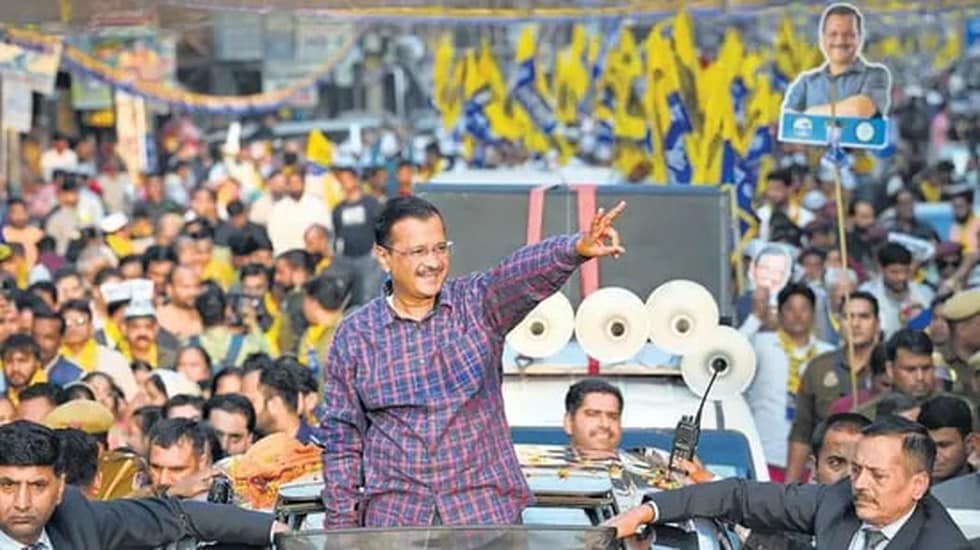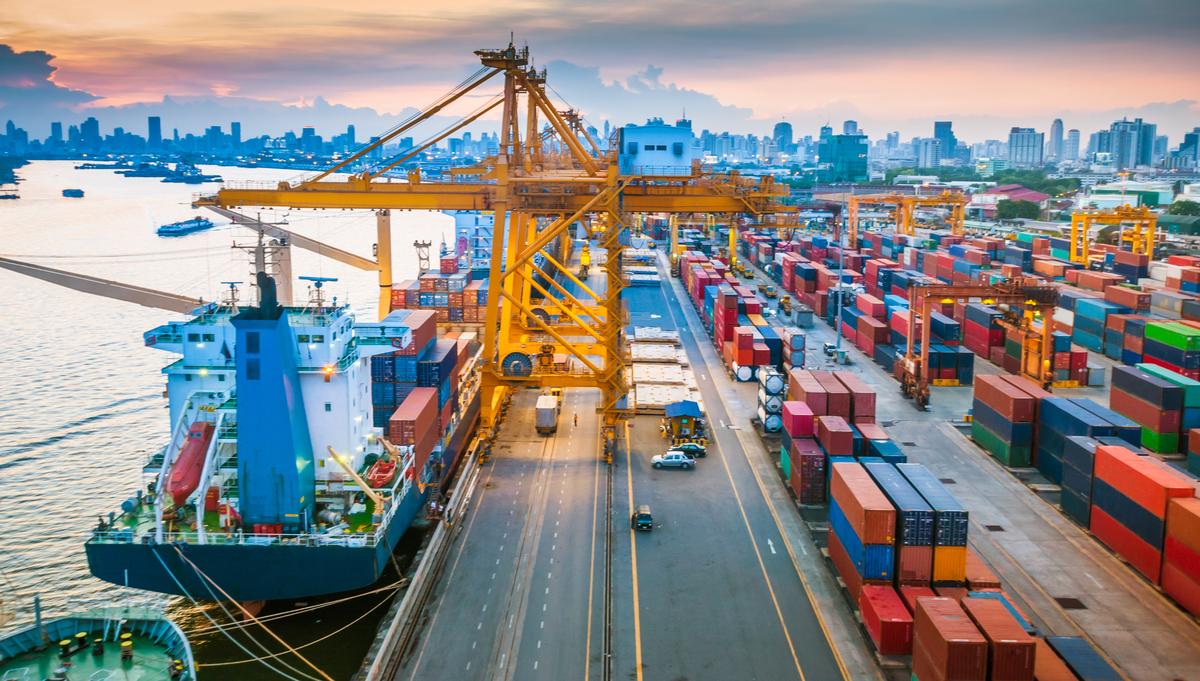About National party:
- The name suggests that a national party would be one that has a presence ‘nationally’, as opposed to a regional party whose presence is restricted to only a particular state or region.
- National parties are usually India’s bigger parties, such as the Congress and BJP.
- However, some smaller parties, like the communist parties, are also recognised as national parties.
- A certain stature is sometimes associated with being a national party, but this does not necessarily translate into having a lot of national political clout.
Criteria:
- The ECI has laid down the technical criterion for a party to be recognised as a national party.
- A party may gain or lose national party status from time to time, depending on the fulfilment of these laid-down conditions.
- As per the ECI’s Political Parties and Election Symbols, 2019 handbook, a political party would be considered a national party if:
- it is ‘recognised’ in four or more states; or
- if its candidates polled at least 6% of total valid votes in any four or more states in the last Lok Sabha or Assembly elections and has at least four MPs in the last Lok Sabha polls; or
- if it has won at least 2% of the total seats in the Lok Sabha from not less than three states.
- To be recognised as a state party, a party needs:
- at least 6% vote-share in the last Assembly election and have at least 2 MLAs; or
have 6% vote-share in the last Lok Sabha elections from that state and at least one MP from that state; or - at least 3% of the total number of seats or three seats, whichever is more, in the last Assembly elections; or
- at least one MP for every 25 members or any fraction allotted to the state in the Lok Sabha; or
- have at least 8% of the total valid votes in the last Assembly election or Lok Sabha election from the state.
- at least 6% vote-share in the last Assembly election and have at least 2 MLAs; or
What are the other national parties?
- As of now, the ECI has recognised eight parties as national parties — the BJP, Congress, Trinamool Congress, CPI(M), CPI, Nationalist Congress Party (NCP), Bahujan Samaj Party (BSP), and Conrad Sangma’s National People’s Party (NPP), which was recognised in 2019.
Q1) Who was the first woman to become the Chief Election Commissioner of India?
V. S. Ramadevi was the first woman to become the 9th Chief Election Commissioner of India from 26 November 1990 to 11 December 1990.
Source: Indian Express
Last updated on February, 2026
→ UPSC Notification 2026 is now out on the official website at upsconline.nic.in.
→ UPSC IFoS Notification 2026 is now out on the official website at upsconline.nic.in.
→ UPSC Calendar 2026 has been released.
→ UPSC Final Result 2025 is expected to be released in the second week of April 2026.
→ Check out the latest UPSC Syllabus 2026 here.
→ Join Vajiram & Ravi’s Interview Guidance Programme for expert help to crack your final UPSC stage.
→ UPSC Mains Result 2025 is now out.
→ UPSC Prelims 2026 will be conducted on 24th May, 2026 & UPSC Mains 2026 will be conducted on 21st August 2026.
→ The UPSC Selection Process is of 3 stages-Prelims, Mains and Interview.
→ Prepare effectively with Vajiram & Ravi’s UPSC Prelims Test Series 2026 featuring full-length mock tests, detailed solutions, and performance analysis.
→ Enroll in Vajiram & Ravi’s UPSC Mains Test Series 2026 for structured answer writing practice, expert evaluation, and exam-oriented feedback.
→ Join Vajiram & Ravi’s Best UPSC Mentorship Program for personalized guidance, strategy planning, and one-to-one support from experienced mentors.
→ Check UPSC Marksheet 2024 Here.
→ UPSC Toppers List 2024 is released now. Shakti Dubey is UPSC AIR 1 2024 Topper.
→ Also check Best UPSC Coaching in India




















